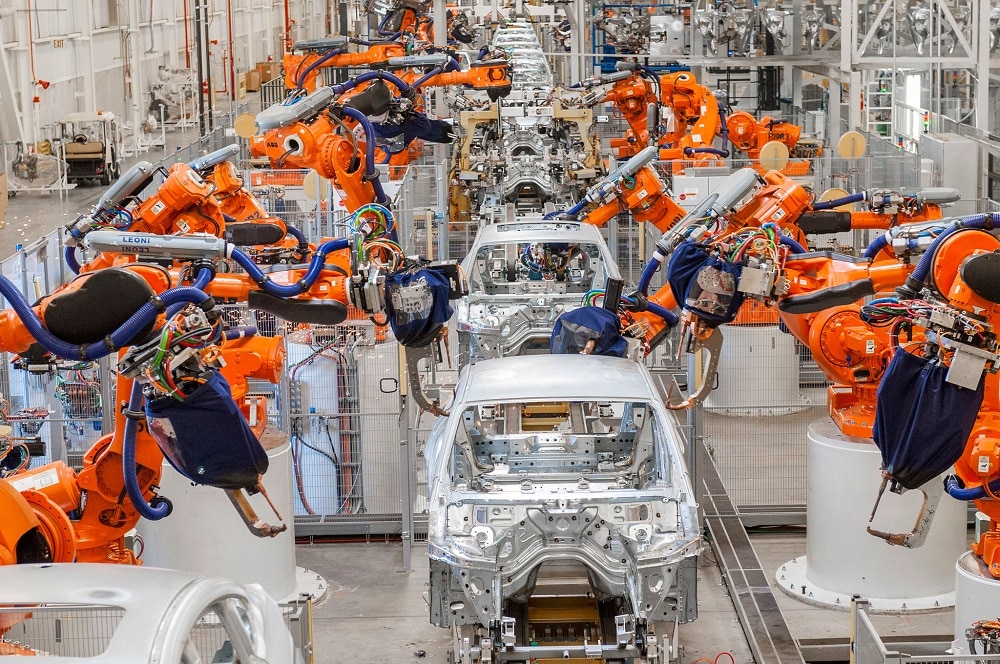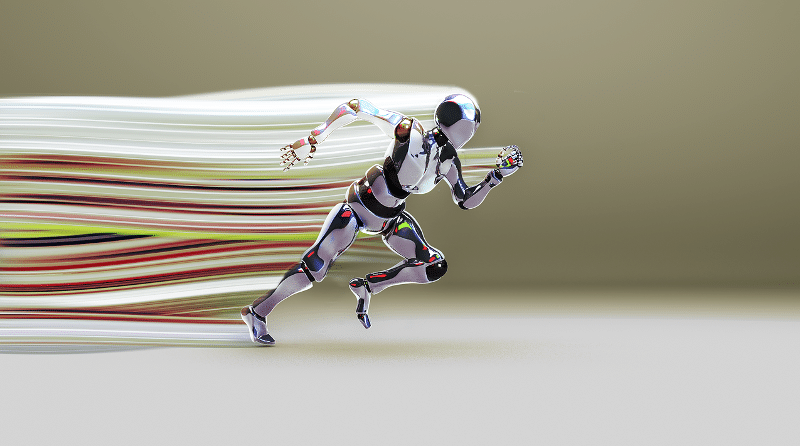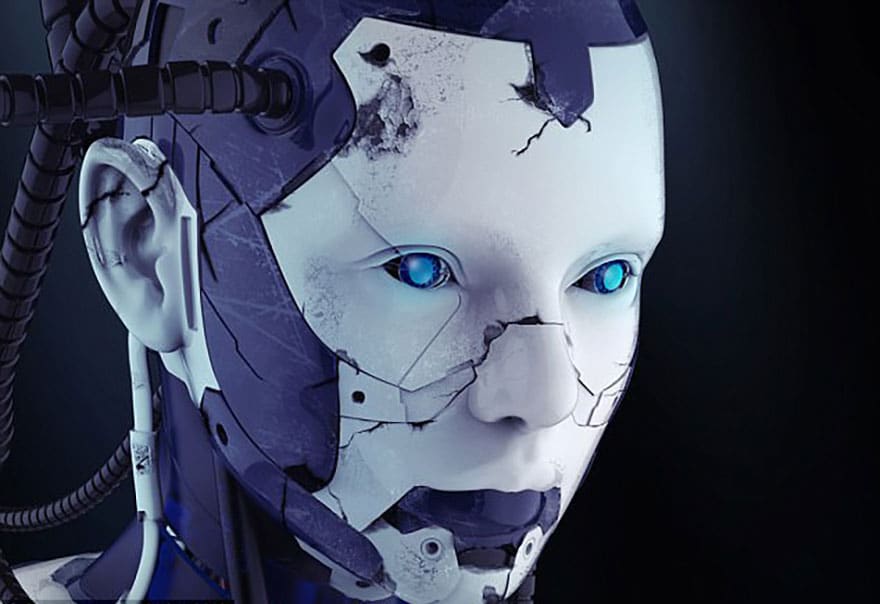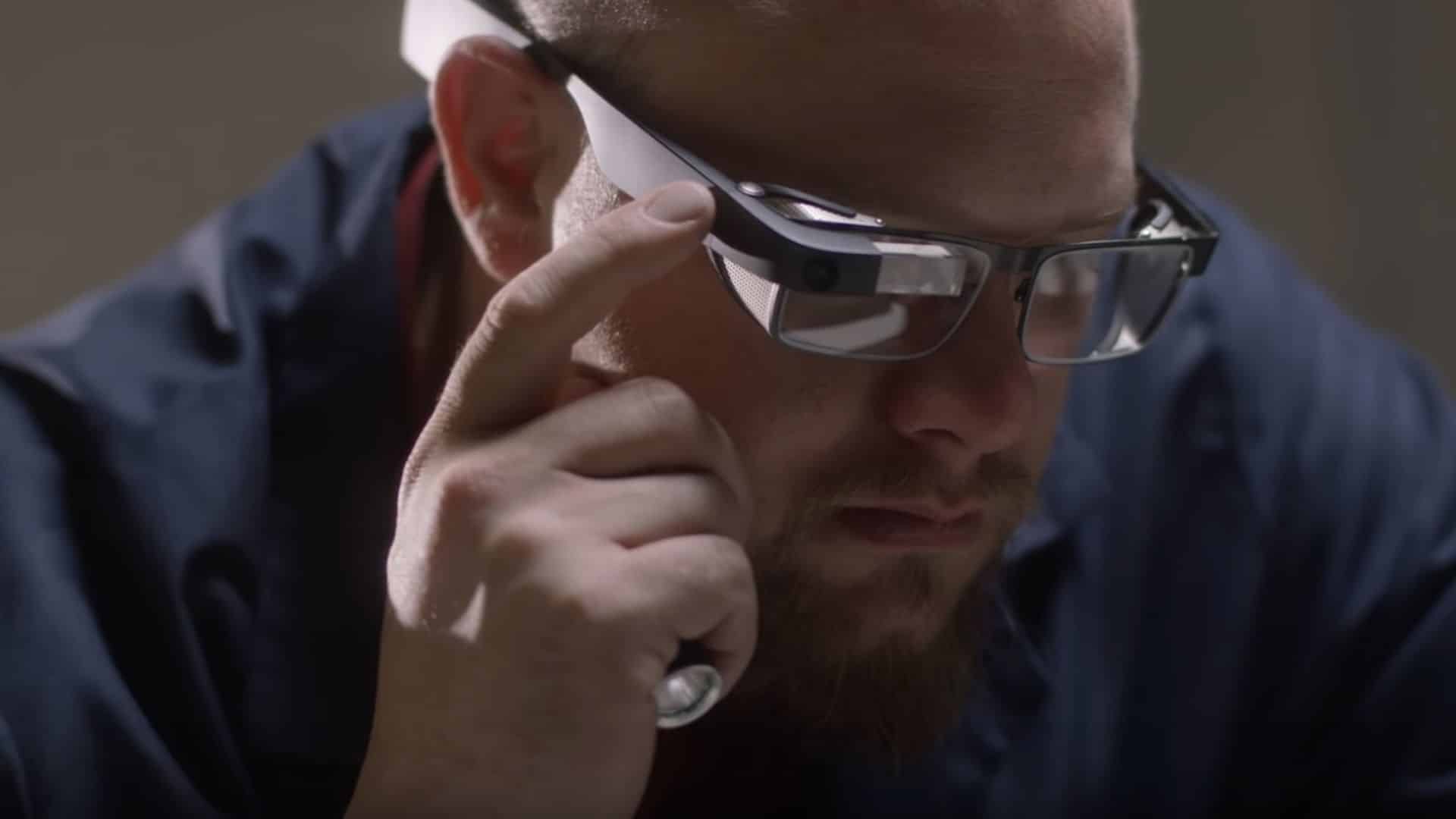Jean-Michel Besnier is a French philosopher who teaches at the Sorbonne University in Paris. His research focuses on the philosophical and ethical impact of science and technology on individual and collective representations and imagination. We met with him to talk about artificial intelligence.
MedicalExpo e-magazine: What are we essentially afraid of when we talk about AI?
Jean-Michel Besnier: We are simply afraid of losing control, of having generated technology that now controls us, our behavior, our thoughts, our inspirations. When public figures such as Stephen Hawking, Bill Gates, Elon Musk and Noam Chomsky published their famous appeal entitled “AI can kill the human race,” they warned of the risk that AI could lead to us dehumanizing ourselves, to “killing the human race.”
ME e-mag: Isn’t this somewhat exaggerated?
J-M. B.: It is true that AI provides services and is a productivity criterion for companies. But AI also gives cause for concern when we know that it will cut jobs, for example. It is a very objective fear. So the fantasy seems to me to be true.
In their report, the OECD states that only 13% of our activities will resist AI because they won’t be automated. This means that 87% of our activities can be automated. And it is not only cashiers who will be replaced. This also concerns radiologists, for example, who are told that any scanner is better able to decrypt MRI images than them. What are we going to do with all of these highly qualified people, such as radiologists or cardiologists?
ME e-mag: Knowing all this, why are we still moving towards AI?
J-M. B.: What we are experiencing today is what philosophers and sociologists described several decades ago: the phenomenon of the self-generation of technologies. There is an endogenous logic to the technologies that makes everything that is technically feasible happen no matter the cost. Even if we were to unanimously declare the harmful nature of AI, technological innovations would still converge to improve AI.

ME e-mag: Who does AI serve?
J-M. B.: AI is first and foremost at the service of machine manufacturers and large industrial groups. These groups, the GAFAs and their counterparts in China, want to take power today on a large scale. They have largely deprived us of democratic initiative and politicians are eating out of their hands. We are in a liberal system where free enterprise is promoted. This free enterprise has provoked the domination and conspiracy of large groups that have no other concern than imposing the needs of machines on us.
ME e-mag: What if the industrialists lose control?
J-M. B.: This is a catastrophic scenario that we already experienced in 2008 when robot traders caused the financial crisis. Speculators know that they are rarely in control of things. Their power is measured by the reactivity they can obtain. Being reactive means that you are not active, you simply react to something produced by something else. Finance is a good example of this dispossession of orders that is diagnosed on a large scale with AI.
ME e-mag: How can AI overtake man?
J-M. B.: There are two ways to be in the world. We can be in the world by saying that everything in the world has a cause and we humans seek to identify the right causes so that we can act on the effects. This is Cartesianism, we’re in charge.
And then there is another way of being in the world that is to say that there is a lot of data and information that is circulating and that will correlate in one way or another, producing intersections that will in turn produce actions. Here we are not trying to identify the causes, because it has become too complex. We’re working on the correlations.

Medicine is a very good example of this. On the one hand, there is the “old-fashioned” doctor who tries to identify the cause of the patient’s symptoms by listening to him and giving him medical tests. And there is a new medicine that challenges all this, in which patients will be equipped with sensors of all kinds that will automatically record the functioning of their organs. This data will be correlated with data from other large-scale patient cohorts. From this correlation, intersections will emerge that will allow diagnoses to be made. The physician will then use these correlations as a basis for his or her diagnosis. There will no longer be any identification of the cause, just correlations. The doctor will be dependent on the machines that will manage data in comparison with other data.
ME e-mag: Aren’t we already used to relying on technology, for example in an airplane with the autopilot system?
J-M. B.: Indeed. We are already getting used to being managed by artificial intelligence and most of the time we don’t complain about it. There is consent, a kind of voluntary servitude to machines. The more complex things turn out to be, the more we get used to not looking for explanations, but only for the production of effects. But there have been episodes where AI has appeared to be failing. In two of the most recent aircraft crashes, for example, there were AI devices that were not adjusted.
ME e-mag: By relying blindly on technology, what is the risk to human beings?
J-M. B.: We’re becoming basic. We’re simplifying ourselves. Business sociologists have developed a concept called “functional stupidity.” They have found, after surveys in small and large companies, that functional stupidity is encouraged by asking employees to be reactive and refrain from thinking, not to use their knowledge and to be more alert to what might happen. There is a kind of parenthesis of knowledge in order to be functional. I am very surprised to see that this concept works well in the field of finance. Even after graduating from HEC or Harvard, what you will be asked in the field is to be responsive and not inventive.

ME e-mag: What is transhumanism?
J-M. B.: These are lines of thought involving people that are convinced that science and technology will achieve all the aspirations of the human race. In the past, people trusted religion and politics to find satisfaction and happiness. Today, science and technology are taking on this role.
>> Read also Transhumanism: Repairing and Improving the Human
There are two types of transhumanists. The “soft” transhumanists who think that science and technology will allow us to live longer. As they become more generalized, they will be accessible to everyone and will therefore serve equality. French transhumanists are more like that. And then there are the “hard” transhumanists, mostly Americans, who think that science and technology will enable us to transform man, to bionize him, to modify his genome, to make him acquire new genetic skills. They will “cyborguise” human beings, allowing them to integrate more and more electronics into their anatomy and turning them into powerful machines. We will aim for the increased human, we will increase the cognitive and motor faculties of humans. These hard-boiled transhumanists often believe that we are on the verge of a rupture—called “singularity”—that will be the moment when AI becomes self-aware and acquires complete autonomy from humans.
ME e-mag: And you believe “singularity” is a likely possibility?
J-M. B.: Even if we resist eugenics, there are some warning signs. More and more we are telling ourselves that if we could change the human being it would be better. If we could live longer and never be sick thanks to genomic manipulation, it would be better. Take for example the Chinese researcher who modified the genome of two twin sisters last November. He modified the genome by inactivating a gene, the CCR5 gene, which would have allowed the development of new cognitive faculties in these two twins.
>> Read also CRISPR-Cas9: Are We Ready for a Gene-Editing Society?
I’m waiting to see. But we are indeed at a time when science and biotechnology will offer us new opportunities and we do not know how far this will go. We can expect anything, from making animal genes work in human genomes to artificializing certain genes that will produce completely new effects.
Transhumanists are not completely out of line, they follow very closely what is being done in the field of science and technology and they extrapolate. They anticipate the trends that are emerging, based on the technologies that are developing. Industrialists and politicians can then monitor, invest and facilitate innovation. Innovation is based on certain assumptions about what can be done locally with science and technology.

ME e-mag: Is the ultimate goal to create a new human species?
J-M. B.: Yes, that’s what it’s all about. The human species has many vulnerabilities. It is fragile, mortal. Why not imagine that we can modify the human species to the point of creating a new species that we will call “post-human”? Some transhumanists do not hesitate to say that the “augmented human being” is the open door to the post-human. From a Darwinian point of view, we are causing variations that will themselves cause mutations. And these mutations could lead to a new species. After all, recent events have shown us that humans are becoming a different species, science and technology are seeking to control natural selection. By controlling natural selection, they could bring about a new species for which we as humans would be nothing more than a variant destined to disappear.
ME e-mag: What time frame are we talking?
J-M. B.: I don’t know exactly, but it can go fast. I have often had a dialogue with Laurent Alexandre, I even wrote a book of dialogues with him. He is known to say that the man or woman who will live to be 1,000 years old is probably already among us. He explains that a child born today in 2019 will undergo considerable scientific revolutions. When we consider that molecular biology, which seems obvious to us, dates back only four or five decades and that progress has been extremely rapid, why not imagine unlimited longevity in the space of the existence of a person who is born in 2019?
ME e-mag: On a global scale, who will regulate all this?
J-M. B.: In a world where everything is based on technology, what we are encouraging is competition. So it is hard to see how we could set up a world government that would temper and regulate all this everywhere. Jacques Attali has long advocated the establishment of global governance for technology issues. But we know very well that at the first opportunity, we will sweep it all away. Look at the COP on the environment. It took a president like Donald Trump to translate the progress into setbacks. But at the same time, we must not despair of all this.

ME e-mag: What awaits our children?
J-M. B.: I believe we must focus on the potential for innovation that exists in each generation. It is not out of the question that younger generations may one day want to say stop. I see a lot of young people who are very skilled in technology doing ethical benevolent things with sophisticated machines in order to bring people closer together and not keep them apart. Why not imagine that this youth would at some point put a stop to the nonsense we created?
What scares me most is that we will introduce technologies that divert us from having children. And among transhumanists, there is this idea that we will have to make humans and stop reproducing humans through sex. If this day were to come, if we were to reproduce humans only by cloning, we would end up restricting the population, targeting it. It is terrifying to hear some people say that intelligent women should freeze their gametes and ordinary women should limit or even stop having children. Transhumanists say that birth should not be left to chance.
A philosophy that seeks longevity meets the problem of overpopulation: either overpopulation is solved by colonizing space, or overpopulation is solved by limiting births and regulating them.
ME e-mag: Wouldn’t a skillful balance between man and machine be a solution?
J-M. B.: We can always dream! But the phenomenon of globalization today means that we cannot be sure that what we ban on the European continent or even in the West will not be achieved in the depths of Asia or Latin America. That’s the difficulty. How else can we react to something that would be a violation of standards elsewhere than by putting in place technologies that will mitigate the effects of the violation? At that time, a self-help and competition mechanism can be reset. It’s difficult. What we should value above all is common sense, the sense that serves as a common reference point. Unfortunately, it is the most difficult thing to make heard.

ME e-mag: How can we escape this world?
J-M. B.: I believe that we can resist by making things impossible. As a consumer, it is obvious that if I refuse Google Glass, I create a problem for Google. And in fact Google has removed its Google Glass. If I refuse Facebook, Facebook will disappear. We are following a liberal logic. The user, the consumer, has considerable power. So we could say to ourselves that it would be enough to make people a little clairvoyant, a little intelligent, for this world not to happen.
We could, for example, make it known that in retirement homes, robots are not used to make elderly people with Alzheimer’s smile. The robotics service will then be rendered completely inoperative and will disappear. So the watchword resistance is a valid one in a liberal society where the individual can be the ultimate decision-maker.
ME e-mag: Is technological progress a good thing for humanity?
J-M. B.: I follow the example of paleoanthropologists who consider that in the process of human evolution, progress has always been achieved through the use of tools (technology) and words (language). Technological progress without language is catastrophic. And language without technique leads us to stagnation. So it is the balance between discourse, language, politics, consultation and technological innovation that gives progress its full meaning. Today, however, we are in a phase of crisis of belief in progress, because we are completely engaged in technological development that is no longer reflected in terms of words, politics and consultation. This is the difficulty.











